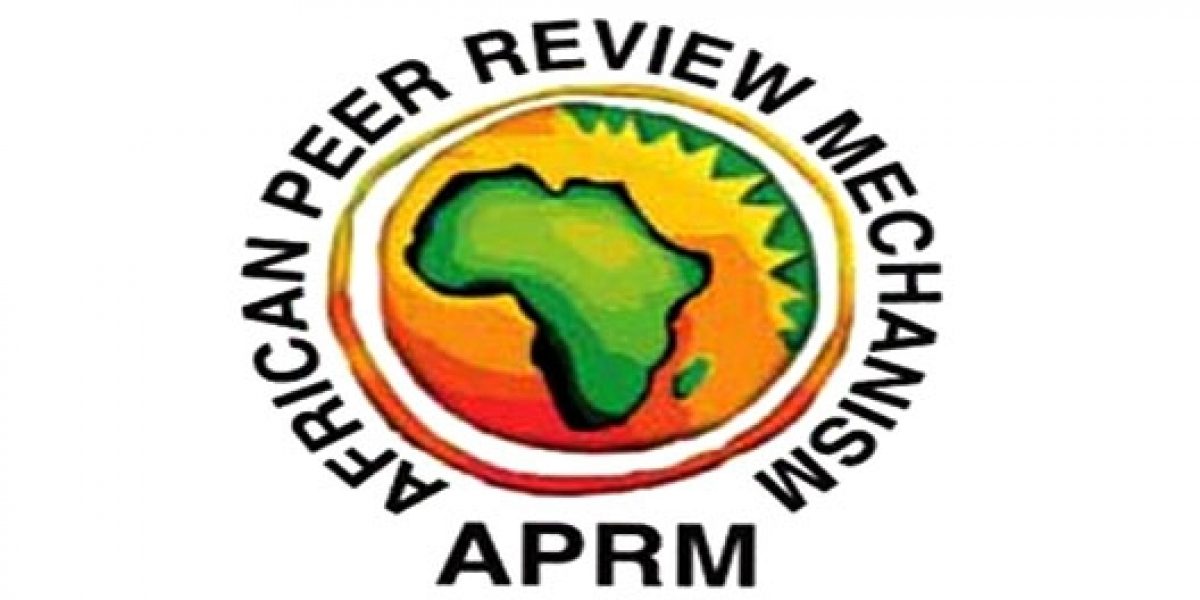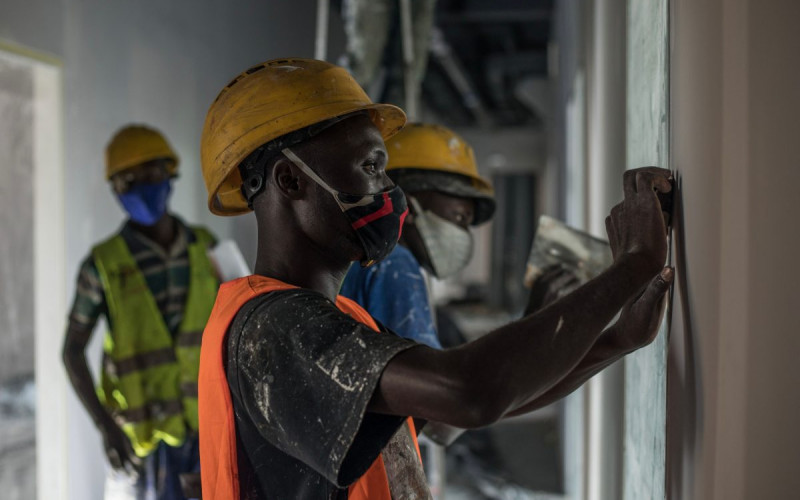Reasons cited for the diminishing interest at continental, regional and national levels are various. They include a lack of interest from heads of state, who often view the recommendations arising from the review process as criticism of their leadership; and the inability of state institutions or focal points to undertake the exercise, to facilitate the implementation of the recommendations, or to continually monitor and evaluate progress made amidst other tasks of national interest. This is exacerbated by a lack of financial support and the non-appreciation of the National Programmes of Action (NPOA), which is meant to strengthen National Developmental Plans (NDPs), as well as other development agendas and goals.
The policy briefing suggests that currently two avenues could be readily used to renew the interest of both the state and society at all governance levels in the APRM process. First is the alignment of the NPOA with national development processes, including NDPs and related national development initiatives, such as the integration of the planning documents. Second is the linkage of the process (and especially lessons learnt and best practices accrued from the process) with other African Union organs and institutions, for example, the New Partnership for Africa’s Development, and the regional economic communities in particular. This will help to refocus attention on the original objective of the APRM process, namely to contribute at all levels of government and to contribute to the development, integration and stability of Africa. This policy briefing will concentrate on the former objective.








